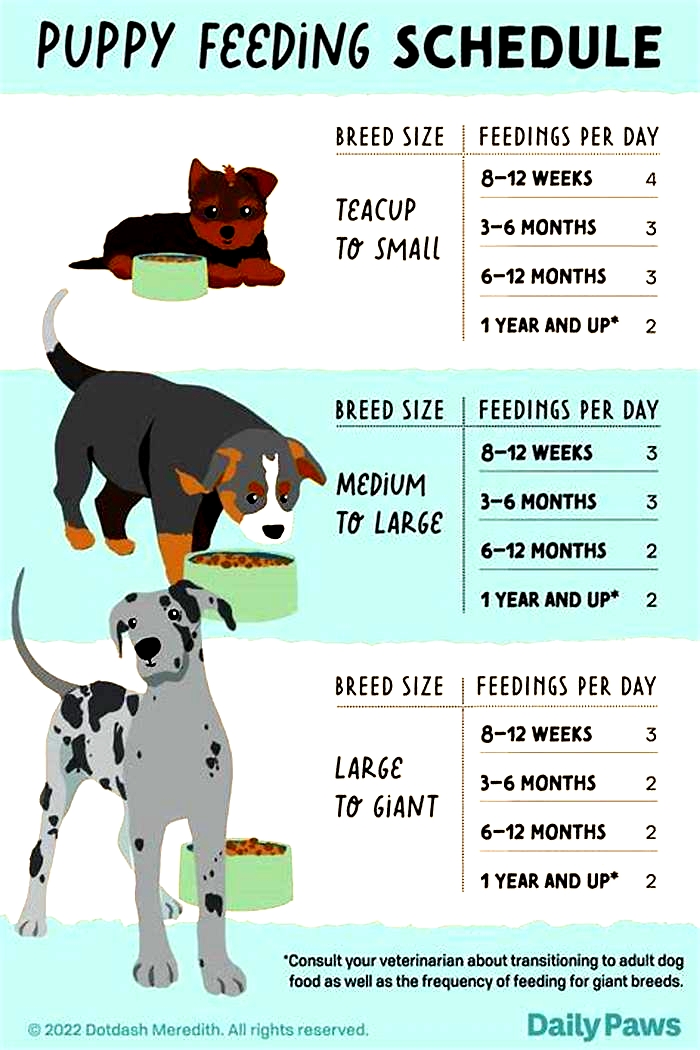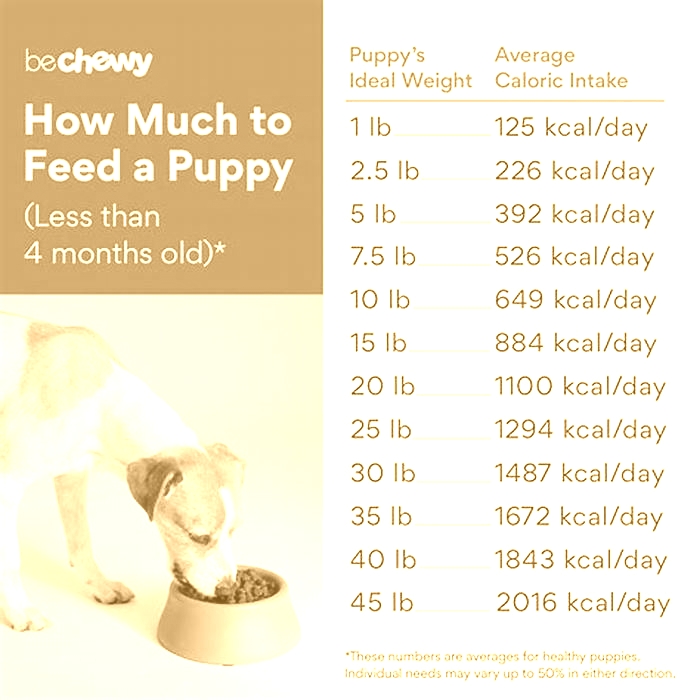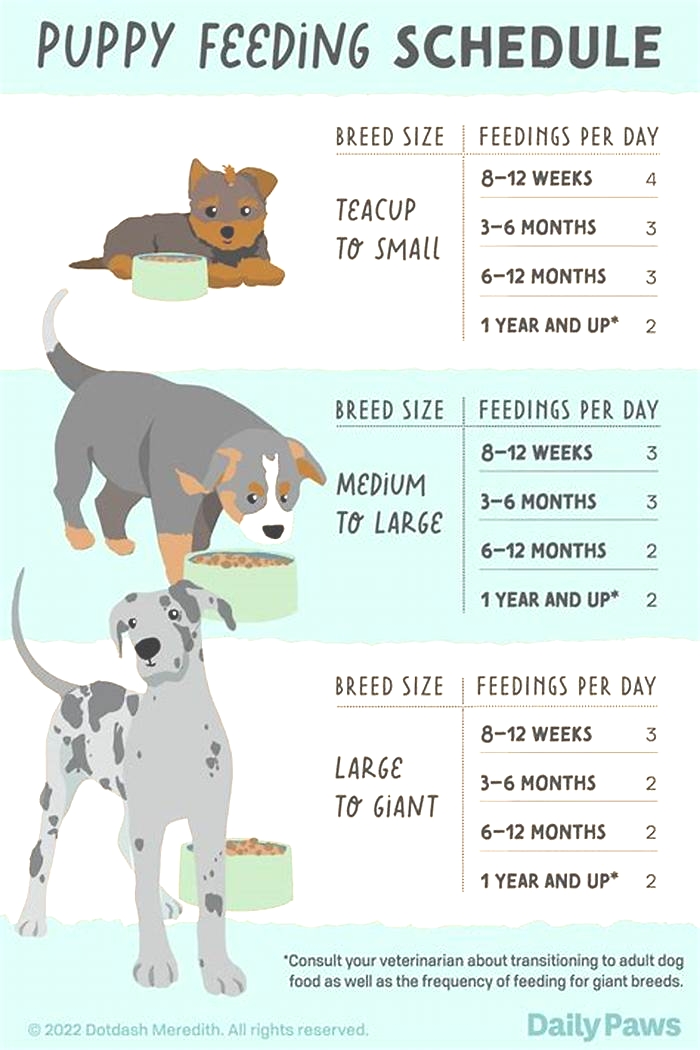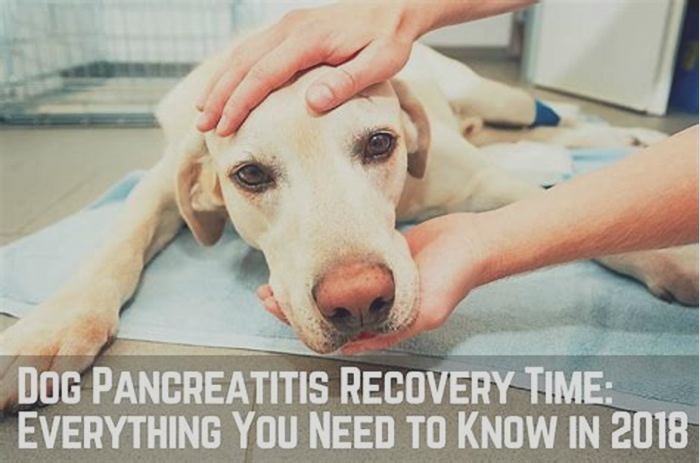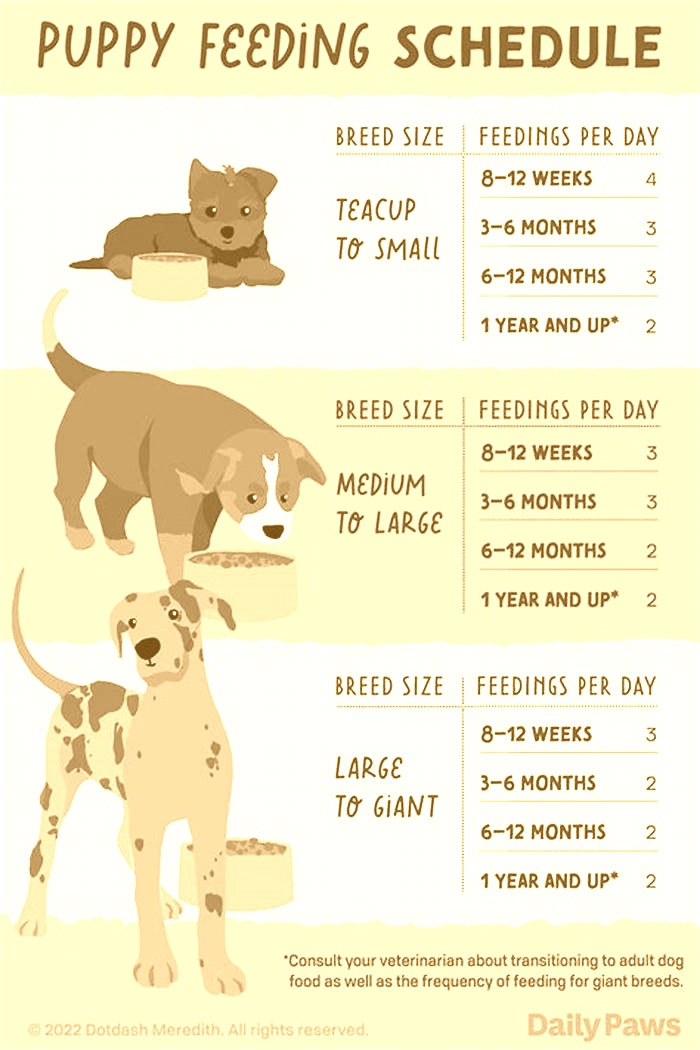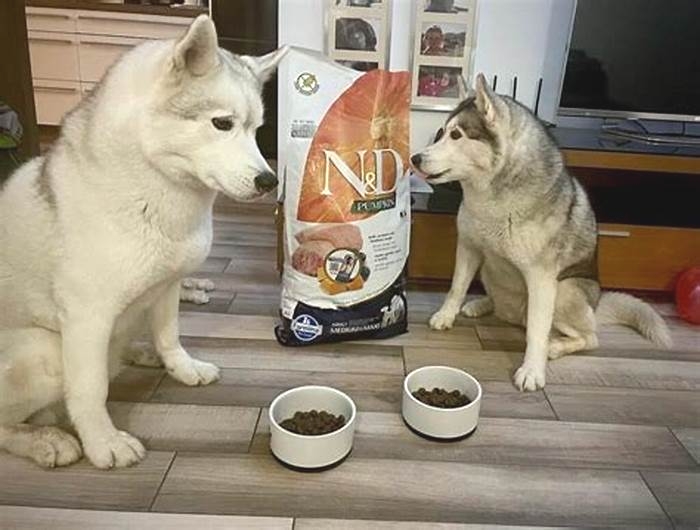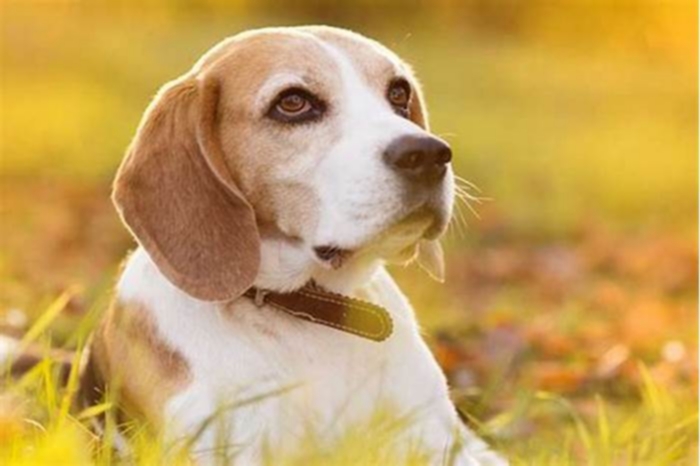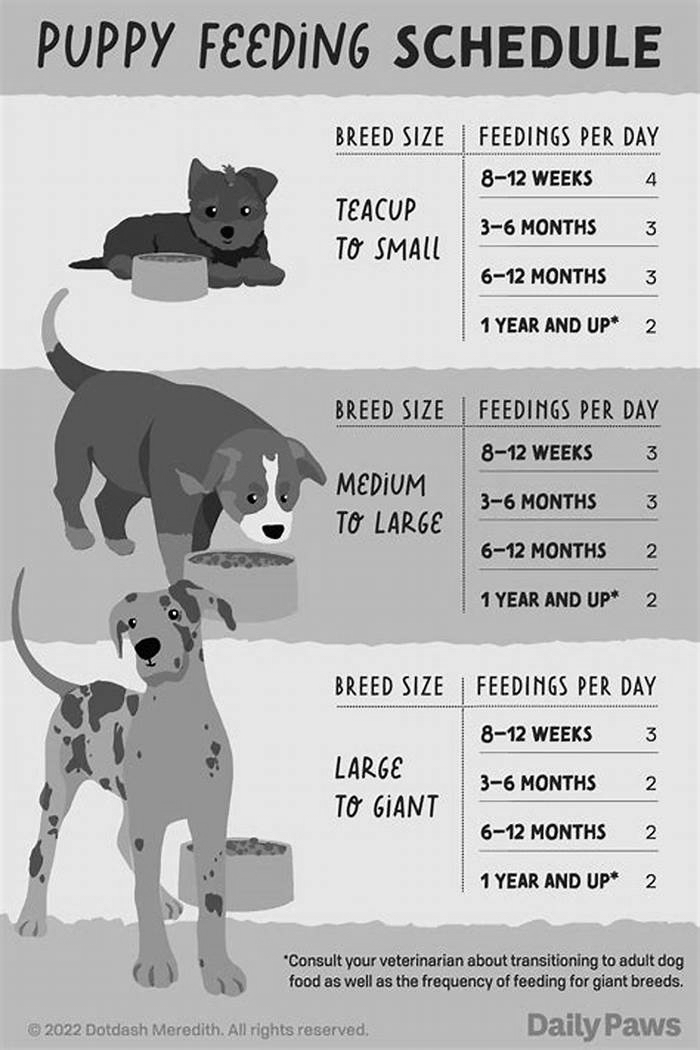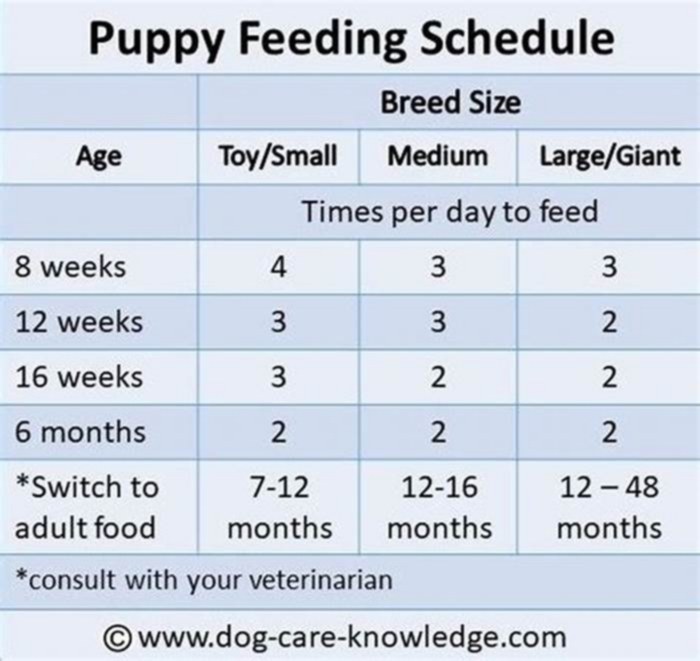How many times do Boxers eat a day
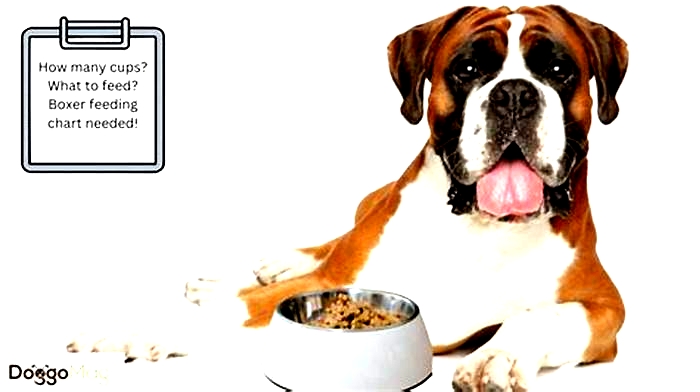
Boxer Feeding Guide (Everything You Should Know)
Hello, pet parents! Welcome to my ultimate guide to feeding boxers.
In this guide, I will cover how much to feed your boxer, how often to feed your boxer; when to feed your boxer, what foods to feed your boxer, what foods to avoid feeding your boxer, boxer feeding chart, and other questions you may have about your boxers nutrition.
You can read the article to the end, or go through the table of contents below and jump to the section that answers the questions you have on your mind.
Boxers are known to be intelligent, agile, and alert, these and many more traits are why they are so cherished by pet parents around the world. In order to maintain these quality traits, they must be fed with the right amount of nutrition to stay healthy and grow optimally
I have created this ultimate guide to feeding your Boxers to curious pet parents and even new pet parents to solve your dogs nutrition problem.
Lets jump into the article.
Boxer Nutritional Requirements
Boxers are medium sized dogs that require the right nutrients in their specific amount to grow healthy. Like other dog breeds, if some of these nutrients are present in excess amounts or less, it would end up endangering the overall health of your dog.
Your Boxer meal when they are in their growing phase should majorly consist of 22-26% protein, adults 26% protein, 5-8% fats as puppies, and as adults 8% fats; fiber, carbohydrates, multi-vitamins, and minerals.
Your boxers source of fiber should come from wholesome vegetables like broccoli, carrots, cabbage, and sprouts, while its source of protein must come from animal flesh like fish, chicken, turkey, beef, and organ meat. Its source of fat must come from vegetables and fish oil.
Nutritional Requirement for a Boxer Puppy
The diet of a Boxers puppy should consist of 22-26% protein, 8% fat, and 6% fiber. Puppies have a faster metabolism and would need as many nutrients to grow muscles and strong bones, this is the growing phase of your dog and they will be fed more times than in other stages.
Nutritional Requirement for an Adult Boxer
The meal plan for mature and adult Boxers should consist of 26% protein, carbohydrate, fat, and fiber. At this stage boxers are most active and will need protein and carbohydrates to keep their weight and energy level optimal, however, you should avoid overfeeding your pet at this stage as boxers are prone to obesity and will develop health complications.
Nutritional Requirement For Senior Boxer
At this stage of your dogs life, it is less active than at other stages. The food your pet will eat at this stage of its life should ideally consist of 20% protein, 5% fat, and fiber. Senior Boxers will need minerals and vitamins added to their food to keep their immune system and bones healthy.
What Factors Affect The Feeding of A Boxer?
There are some factors that will affect the diet of your Boxers such as the size of the breed, its age, its activity level, and its underlying health conditions.
Lets take a quick look at those factors before we jump into the quantity of food to feed your dog.
Size consideration
The average length of a Boxer, Male 22-25 inches (56-64cm), Female 21-24 inches (53-61cm) from the sole of its feet to its shoulder. The weight of a Boxer; Male 66-70lbs (30-32 kg) and Female 55-60lbs (25-27 kg).
The size of the Boxer will determine the number of calories it can consume per day, males are usually larger than females, so males usually need more calories than females.
Age consideration
As different weight sizes will require different intakes of calories, so also will different age grades require suitable levels of nutrition to match their stage of development.
Boxers are large breeds so they grow fast, therefore the nutritional requirements of a Boxer puppy will be different from that of a senior Boxer to maintain its health and agility.
Activity Level
Boxers are very active and agile dogs, with sturdy and muscular frames, They must be fed a strict and quality diet to maintain this physical status, . Your boxer should never be fed low-quality food. You should avoid feeding your boxer foods that are high in sodium and fat because these types of foods can make them obese and develop heart problems.
Health Consideration
Boxers are prone to certain health conditions, which should be taken into consideration in their diets if you wish to manage or prevent those issues.
Some health issues that affect your dog breed include Obesity, Hypothyroidism, Hip dysplasia, degenerative Myelopathy, Cardiac problems, and dental problems.
Some of these health issues can be prevented or controlled by feeding your dog the right feed and taking steps to follow strict guidelines when feeding them.
If boxers are fed low-quality feed that is most of the time the cheapest, it might trigger some of these issues in your pet and may cause you to spend a hefty sum when you visit the vet. In order to prevent this, proper steps need to be taken.
Boxer Feeding Amount
Your Boxers, just like any other dog breed, will require different amounts of food according to their stage of development. The amount of food a puppy will need will be different than the amount of food an adult will need according to their nutritional requirements.
On average, feed your puppy Boxer 2.60 to 5.30 cups of food that has 280 to 860 kcal per day; feed your adult Boxers 4 to 6 cups per day that have 940 to 1350 kcal per day, according to their activity level; and feed your senior Boxers 4 to 5 cups per day that have 940 to 1,150 kcal per day.
I will provide you with charts below to help you plan your dogs meals from its puppy years to its senior years. However, this meal plan is not one-size-fits-all. Its just a general guideline that should be followed based on your dogs needs and recommendations from your vet or dog nutritionist.
How Much To Feed A Boxer Puppy?
The meal meant for your puppy and adolescent should be very rich in protein and contain a moderate amount of fat that can be gotten from animal meat for them to grow into healthy adults.
A Boxer puppy should be given 2.63 to 3.75 cups of food per day that contains 117 to 1230 nutrients based on its age, weight, size, gender, and physical activity.
The feeding requirement of your puppy is given in detail in the charts below:
| Age | Daily Food Quantity (Cups) | Kilocalories(Per day) | Protein | Fats |
| 2 3 months | 2.63 3.75 | 288 397 | 22 26% | 5-8% |
| 4 5 months | 3.5 4.56 | 480 567 | 22 26% | 5-8% |
| 6 9 months | 3.75 4.88 | 656 833 | 22 26% | 5-8% |
| 10-12 months | 5.13-5.38 | 850-867 | 2226% | 5-8% |
Following the guidelines above will aid in bone development and muscle growth and strengthen their immune system to fight off common bacteria and viruses that can lead to some health complications.
How Much to Feed an Adult Boxer?
The nutritional requirements in the meal of an adult Boxer are different from those of a puppy. The food of a mature boxer should have a lower percentage of proteins and fats to prevent obesity. This is done by reducing the feeding frequency to two times per day.
An adult Boxer should be given 4 to 6 cups of food per day that contain 940 to 1350 kcal of nutrients based on its age, weight, size, gender, and physical activity.
The chart below will give you an understanding of the daily consumption needs of adult boxers and help you with their meal plan.
| Age | Daily Food Quantity(Cups) | Kilocalories(Per day) | Protein | Fats |
| 1 6 years | 4 6 | 940 1350 | 26% | 8% |
How Much To Feed a Senior Boxer?
Senior boxers are generally less active than their younger counterparts due to fragile bones and joints. This means their meals will contain lesser quantities of calories, protein, and fat.
Geriatric boxers are often plagued with health issues. Some of these issues can be controlled by feeding your senior dog more vitamins and minerals to help revive his weak immune system and fragile bones.
Senior and geriatric boxer puppies should be given 4-5 cups of food per day that contain 940 to 1,150 kcal of nutrients based on their age, weight, size, gender, and health issues.
The table below gives you some details about the meal plan for older boxers.
However, you must still ensure that they get the essential nutrients they need.
| Age | Daily Food Quantity(Cups) | Kilocalories(Per day) | Protein | Fats |
| 8 years and above | 4-5 | 940 1150 | 20% | >5% |
You can continue giving your senior dog the same food you gave them as an adult, only in a lesser quantity, as they dont need as many calories as adult dogs. However, you should still consult your vet or pet nutritionist to be on the safe side.
Boxer Feeding Frequency
Your boxers meal frequency will vary the same as the feeding amounts, which are majorly dependent on its age. Below is a list of how often to feed your boxers:
How Often Should You Feed Your Boxer Puppy?
During the weaning process or at 8 weeks old and below: feed them four times a day at equally spaced intervals.
8 weeks to 3 months old: feed them four times a day at equally spaced intervals.
4 months to 12 months old: gradually transition to feeding them three times a day with equally spaced time intervals
How Often Should You Feed Your Adult Boxer?
You should feed your adult Boxers two times a day, with 12 hours of spacing between meals. Ideally, one in the morning and one in the evening.
How Often Should You Feed Your Senior Boxer?
You should feed your senior Boxers two times a day except given a specific schedule by a vet.
Boxer Feeding Schedule
Boxers puppies should be free-fed or fed in the morning, afternoon, evening, and night due to a faster metabolism in comparison to their adult colleagues
Adolescent Boxers should be fed in the morning, afternoon, and evening to help them transition properly into an adult.
Adult German and Senior Boxers should also be fed in the morning and in the evening unless stated differently by your vet or pet nutritionist.
As a general rule, you should feed your boxers a few hours before going to bed in the evening, so they have enough time to digest the food before going to sleep.
In total, we shouldnt spoil our companions with treats as they may grow too attached to them. Treats should be heavily used as a reward when training your dog.
What Food Should You Feed Your Boxer?
The food you feed your Boxers should specifically cater to large breeds and contain the required nutrients necessary for a strong and healthy dog.
The kind of food to feed your Boxers includes dry dog food, wet dog food, a home-cooked diet, and biologically appropriate food to ensure your dog eats a balanced diet.
Let me touch on these few points to help you understand what to feed your dog:
Dry Food: Dry dog or kibble is a portion of commercial pet food made by grinding and mixing up ingredients like meats, grains, and nutritional additives, which are then shaped into little kernels and cooked at high temperatures to remove the water content. Dry dog contains more carbs, less fat, less water, and sometimes less protein, and is often recommended by vets due to its lower cost, dental health benefits, convenience, weight loss support, and playtime perks.
Wet Food: Wet dog food, or canned food, is made by mixing up and cooking the ingredients before adding or extracting varying amounts of water. Unlike dry dog food, wet dog food contains more water, fewer carbs, more fat, and often more protein. They are recommended by veterinarians due to their high water content, taste, ease of eating, and high nutritional profile.
Home-Cooked Diet: Home-cooked diets are a great option for pet parents who are not into commercial dog food, and want to go the extra length to prepare a meal for their furry companion. Feeding your dog a home-cooked meal will give you control over its nutrition and can put you at ease knowing that you will always give your dog the best treatment.
BARF Diet: Biologically Appropriate Raw Food is a type of food that contains raw meat, raw eggs, crushed animal bones, fruits, vegetables, probiotics, and other natural ingredients. BARF diets are used as a substitute for processed foods with preservatives. However, consult your vet before feeding your pet a raw diet to avoid health complications from harmful substances.
What Food To Avoid Feeding Your Boxer?
We should take caution before giving whatever food were eating to our boxers. They have large appetites, which makes it tempting to hand them whatever we find ourselves eating.
There are certain human foods, fruits, and vegetables to avoid feeding your Boxers because these foods contain toxins that are harmful to your pet that could lead you to frequent trips to the vet.
Human food to avoid feeding your Boxers includes chocolates, coffee, gums, peanut butter, candies, cooked bones, etc.
The Fruits and vegetables to avoid feeding your Boxers include grapes, avocado, garlic, onions, etc.
You should always check the ingredients on the food label to see if these ingredients are present in the food. Or you can simply consult a vet or pet nutritionist to check the ingredients with them.
When Can I Transition Your Boxer From Puppy Food To Adult Food?
You should transition your Boxer puppy from puppy food to adult food when hes around 10- to 12-months old.
Transitioning your adolescent Boxers from puppy food to adult food is an important stage in your dogs development. Puppy food contains more calories and nutrients than adult food to meet the nutritional requirements at that stage of life.
Transitioning needs to be gradual by introducing adult feed bit by bit until you get to 100% adult feed.
However, feeding your adult puppy food will fill them with more protein and fat than their body requires and will lead to obesity due to the high fat content the body doesnt need for optimum growth.
Why Your Boxer Is Not Eating?
Your boxers will not eat if they have one or a combination of the factors listed below:
Illness, dental problems, tooth medication, separation Anxiety, time of day, spoiled food, stress, and picky eaters
Boxers are prone to having dental problems, and a major sign of this is bad breath. If you notice consistent bad breath from your pup or if your pup is not eating or drinking water, consult your veterinarian. You should visit the vet.
Why Your Boxer Is Always Hungry?
Boxers and most dog breeds are ravenous feeders, which is why meals must be arranged in strict order. This goes hand in hand with training your dog from an early stage. You must avoid free-feeding your dog, as this might cause them to bloat and lead to stomach issues.
An alternative reason might be if your dog is engaged in too many exercises, is under stress, or is infected by worms; if your dog is in any of these categories, then it may be why they are always hungry.
Frequently Asked Questions on Feeding A Boxer?
Do boxers eat a lot?
Boxers are notorious eaters, and if they are not trained properly, they may eat to the point of developing stomach issues like bloating. Boxers are large and thus will need adequate and proper training to keep them on a straight and healthy diet.
Can boxers become vegetarians?
The Boxer breed can live on a vegetarian diet as long as this diet consists of all the essential nutrients required by the Boxers to thrive and grow optimally.If you are taking your dog on a vegan diet, then ensure that meals contain micronutrients that may not be present in a vegan diet.You should consult your vet or pet nutritionist while planning your vegan meals to ensure your Boxer does not encounter any health complications.
What Human Food Can I Feed My Dogs Breed?
You can feed your boxers different types of human foods, such as beef, chicken, pork, turkey, salmon, tuna, and eggs. They can also be noodles, oatmeal, sweet potatoes, unsalted peanuts, parsnips, and other foods such as rice and pasta, yogurt, cheese, and peanut butter.
What Fruits and Vegetables Can I Feed My Dogs Breed?
Boxers can eat many types of fruits, such as strawberries, apples, bananas, raspberries, peaches, mango, pears, blueberries, plums, melon, pineapple, oranges, and kiwi fruit. They can also eat vegetables such as pumpkin, carrots, peas, corn, cauliflower, spinach, cabbage, broccoli, and more.
Should You Give Your Boxers Supplements?
Your boxers dont need to be given supplements if you feed them a commercial diet that meets their nutritional requirements. However, you may need to feed them supplements if you feed them home-cooked meals as recommended by your vet or dog nutritionist.
Final Thoughts on Feeding A Boxer?
Boxers are adorable and strong dogs that can thrive on balanced, rich nutrients. Pet parents have to take special care in structuring the diet plan of their beloved pet to ensure that it grows most healthily and strongly.
Options such as dry, wet, raw, and homemade diets are all great for them. You can free-feed your Boxer as a puppy, but you have to draw up a strict plan as they go on. It is also essential to know what foods are healthy and should be avoided, as some are toxic.
However, if you desire more information on how to take care of your Boxer, you should contact the nearest vet for information on essential nutrients, and you can also see a pet nutritionist for a regimen schedule for your pet.

